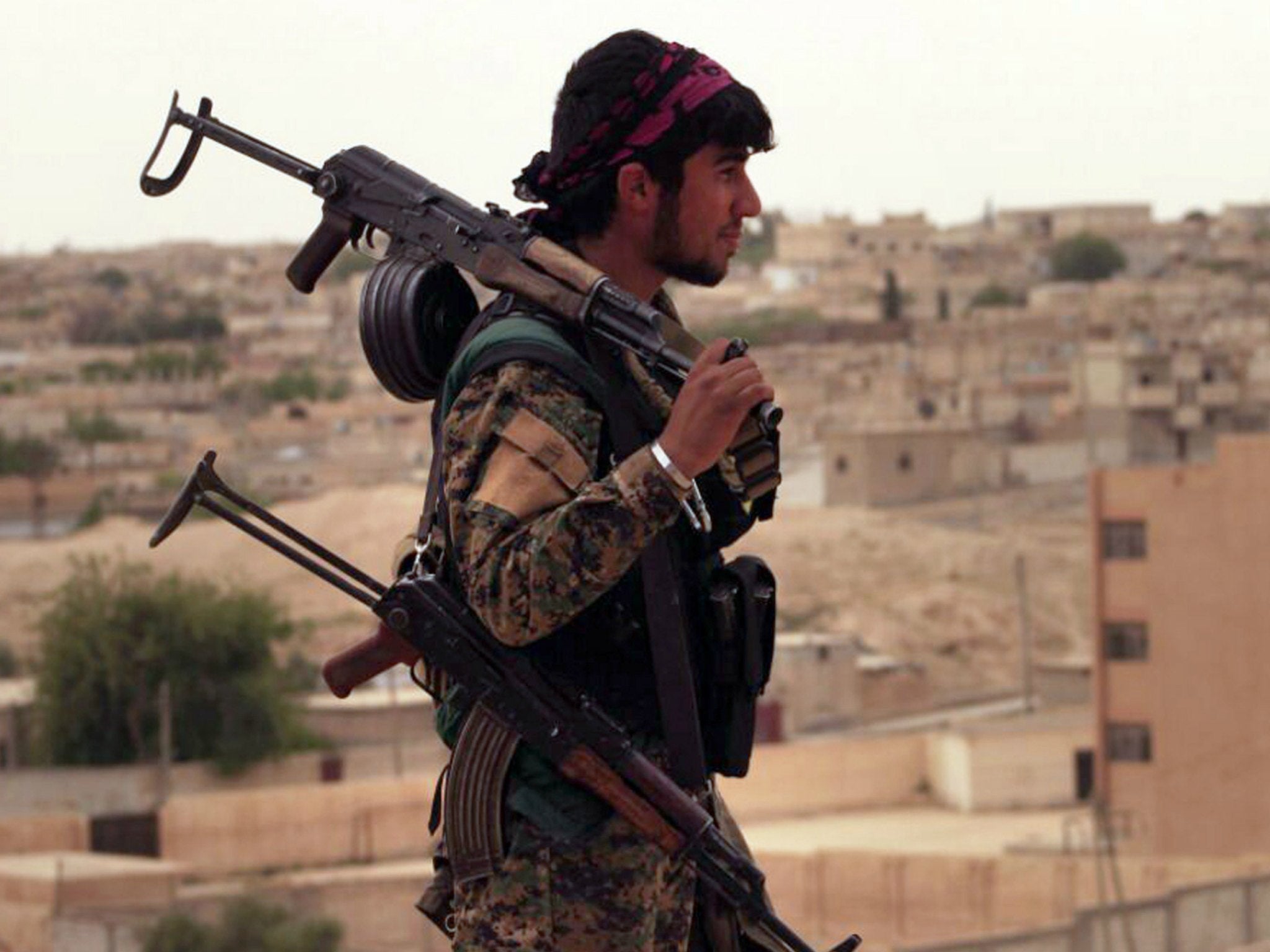A long battle for Raqqa may lie ahead – but even defeat will not mean the end for Isis
The bloody battle for Mosul has tempered any thoughts of an imminent victory in Raqqa if Isis decides to defend the city

Your support helps us to tell the story
From reproductive rights to climate change to Big Tech, The Independent is on the ground when the story is developing. Whether it's investigating the financials of Elon Musk's pro-Trump PAC or producing our latest documentary, 'The A Word', which shines a light on the American women fighting for reproductive rights, we know how important it is to parse out the facts from the messaging.
At such a critical moment in US history, we need reporters on the ground. Your donation allows us to keep sending journalists to speak to both sides of the story.
The Independent is trusted by Americans across the entire political spectrum. And unlike many other quality news outlets, we choose not to lock Americans out of our reporting and analysis with paywalls. We believe quality journalism should be available to everyone, paid for by those who can afford it.
Your support makes all the difference.Anti-Isis forces are advancing into eastern Raqqa, the de facto Isis capital in Syria, and Iraqi troops have penned surviving Isis fighters into one part of the Old City in Mosul, once the heart of the self-declared Caliphate.
“They are down to their last neighbourhoods in Mosul and they already lost part of Raqqa, and the Raqqa campaign from here on can only accelerate,” said Brett McGurk, the US envoy to the international coalition fighting Isis. “These are critical elements in the ultimate defeat of Daesh [Isis], but this will be a long-term effort.”
Predictions of impending victory, mixed with doubts about just how long this will take, are echoed by fighters in the front line as they approach Raqqa. “We broke into Raqqa from the east in just two hours,” says a Syrian Kurdish fighter in the People’s Protection Units (YPG), who did not want to give his name, when contacted by The Independent. “We advanced for 1.5 km in a few hours and the centre of the city is about 2 km away from us.”
But the grim experience of the seven-month siege of Mosul is making everybody cautious about forecasting imminent victory. The YPG fighter says that Isis has withdrawn quickly and without putting up much resistance from the eastern entrance to Raqqa, but he warns that “the battle will not be as easy as many expect and maybe they [Isis] are hiding in tunnels”.
Isis has become skilled in waging urban guerrilla warfare using a limited number of fighters in the face of superior numbers backed by artillery and air strikes. Snipers, suicide bombers, mines and booby traps slow the advance of the anti-Isis forces. One well-informed estimate suggests that Isis had between 2,500 and 4,000 military in Mosul of whom only between 450 and 800 were in contact with the enemy.
The same thinning out of forces in Raqqa may already have been ordered by the fanatical but experienced Isis commanders. Another observer believes that Isis still has as many as 36,000 fighters available in Syria and Iraq who will revert to the sort of guerrilla warfare they waged before capturing Mosul in 2014 and made sweeping advances in Iraq and Syria.
Isis does not see the ultimate loss of Mosul and Raqqa as a final defeat, but rather as a new phase in a long war in which they will hold several valuable cards. Once Isis fighters no longer have to defend fixed positions in cities, they will be better able to avoid being overwhelmed by the firepower of the US-led air campaign. The Syrian and Iraqi armies and the Kurdish forces in both countries are short of combat troops and will have difficulty holding the territory they have taken. The pervasive brutality and corruption of the occupying armies will soon alienate the local Sunni population which may once again look towards Isis as its only defenders.
There are other signs Isis is not fought out or finished as a religious military movement. Its fighters launched an offensive at the weekend to over-run that part of Deir Ezzor, the biggest city in eastern Syria, that is not held by the Syrian army. Accounts of the fighting imply that Isis is close to winning, despite heavy bombing by the Russian air force.
Isis may calculate that the loose anti-Isis coalition is only held together by common fear of Isis and, once Mosul and Raqqa have fallen and the fear dissipates, its ill-assorted members will quarrel among themselves and create the sort of chaos that originally gave birth to Isis and enabled it to expand.
Join our commenting forum
Join thought-provoking conversations, follow other Independent readers and see their replies
Comments